IAEA confirms Iran notified it of plan to end Additional Protocol inspections
The International Atomic Energy Agency (IAEA) says Iran has informed the UN nuclear watchdog of its plan to cease the voluntary implementation of Additional Protocol to the nuclear Non-Proliferation Treaty’s Safeguards Agreements.
“Iran informed the IAEA on 15 February that the country will stop implementing voluntary transparency measures under the JCPOA as of 23 February, including the Additional Protocol,” an IAEA statement said on Tuesday, using the abbreviation for the official title of the 2015 Iran nuclear deal — the Joint Comprehensive Plan of Action.
Under the JCPOA, Iran is applying the Additional Protocol, which grants the IAEA the power to carry out short-notice inspections at locations not declared to it.
However, a law passed last December by the Iranian Parliament (Majlis) requires that the government stop the voluntary implementation of the Additional Protocol unless the other parties to the nuclear deal meet their obligations.
Iran’s permanent representative to Vienna-based international organizations, Kazem Gharibabadi, has listed the measures that Iran would stop implementing as of February 23.
Those measures consist of the transparency measures related to yellow cake, enrichment and the manufacture of centrifuge parts, he said.
They also include the provisions of the Additional Protocol, Code 3.1 Amendment to the Safeguards Agreement (for early declaration of nuclear sites to the IAEA), the use of modern technologies and long-term presence of the IAEA in Iran, accesses under the provisions of the JCPOA, and the verification of the implementation of voluntary actions, he added.
“Given the serious impact of the above-mentioned measures being implemented,” IAEA Director General Rafael Grossi reminded Iran of an offer to visit to “find a mutually agreeable solution for the agency to continue essential verification activities,” the agency said in a report to its member states seen by Reuters.
Iran envoy to UN: US must return to JCPOA, lift sanctions
In an interview with the Persian service of Euronews television news network, Iran’s UN Ambassador Majid Takht-Ravanchi stressed that Tehran has always said Washington must rejoin the JCPOA, i.e. return to fulfilling its obligations and remove the sanctions mentioned in the accord.
“The sanctions that were passed during Trump's times in office under various titles, and of course the new ones … must be lifted [as well]. As a result, it is clear what the United States should do,” he noted.
In May 2018, then-US president Donald Trump unilaterally pulled his country out of the JCPOA and re-imposed the sanctions that had been lifted under the UN-endorsed deal.
As the co-signatories failed to honor their own commitments and offset the impacts of the US withdrawal, the Islamic Republic moved in May 2019 to suspend some of its JCPOA obligations under articles of the deal covering Tehran’s legal rights.
The new administration of US President Joe Biden says Iran should move first to restart the JCPOA.
However, Tehran says it will retrace its nuclear countermeasures only after the US lifts its sanctions in a verifiable manner.
Elsewhere in his interview, Takht-Ravanchi said the US must decide whether it wants to continue its failed policy of “maximum pressure” or acknowledge the policy is wrong and adopt a new approach.
“The United States is already violating [UNSC] Resolution 2231 and the JCPOA. The same policy that was pursued under Trump is still going on and we have not seen any change,” he said.
“Our policy regarding the peaceful use of nuclear energy is clear. We have repeatedly stated that we are a member of the NPT and Leader [of the Islamic Revolution Ayatollah Seyyed Ali Khamenei]’s fatwa (religious decree) in this regard is obvious. Nuclear weapons have no place in our defense doctrine… we are neither interested in building nuclear weapons nor moving towards them,” the envoy said.
He was referring to Ayatollah Khamenei’s religious decree that bans the production, possession and stockpiling of nuclear weapons and other weapons of mass destruction.
US: Path to diplomacy is open
Speaking to National Public Radio on Tuesday, US Secretary of State Antony Blinken said, “The path to diplomacy is open right now. Iran is still a ways away from being in compliance (with the deal). So we’ll have to see what it does.”
Asked about the possibility of direct diplomacy with Iran, he replied, “Well, at some point, presumably, if there’s going to be any engagement on this, that would have to require diplomacy. That’s what we’re in the business of.”
VIDEO | Global leaders discuss AI governance at India summit
People, faith, history, sovereignty: Unpacking Leader's latest speech and warning to Trump
US troops block Lebanese forces after drone downed at shared airbase: Report
As Iran, Russia conclude drill, ex-US Army officer warns of surprises
VIDEO | Press TV's news headlines
UN investigators: ‘Hallmarks of genocide’ found in Sudan’s El Fasher
UN rapporteur Albanese: Israel’s West Bank land grab 'will consolidate annexation'
Three Palestinians killed in Israeli raids on Gaza on first day of Ramadan


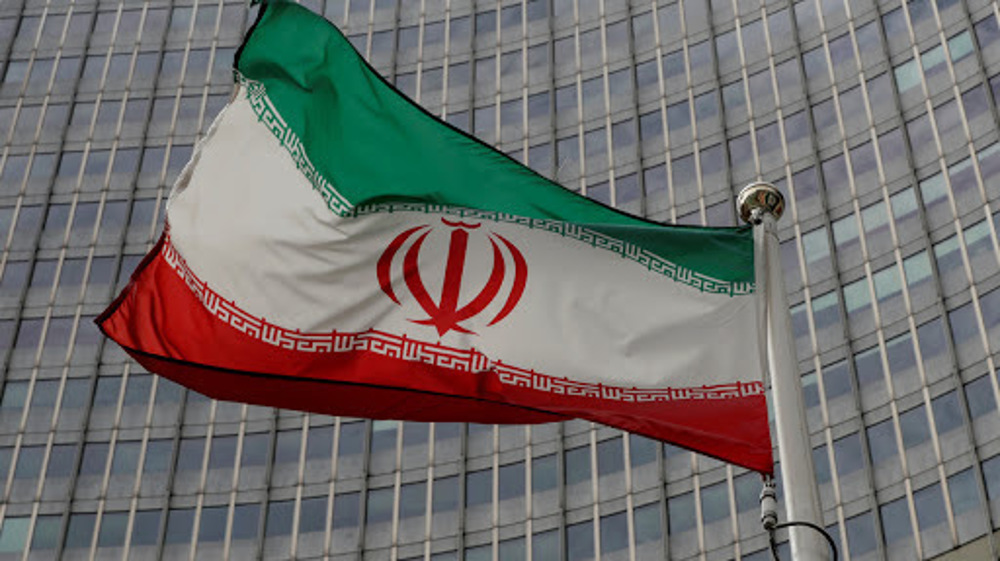

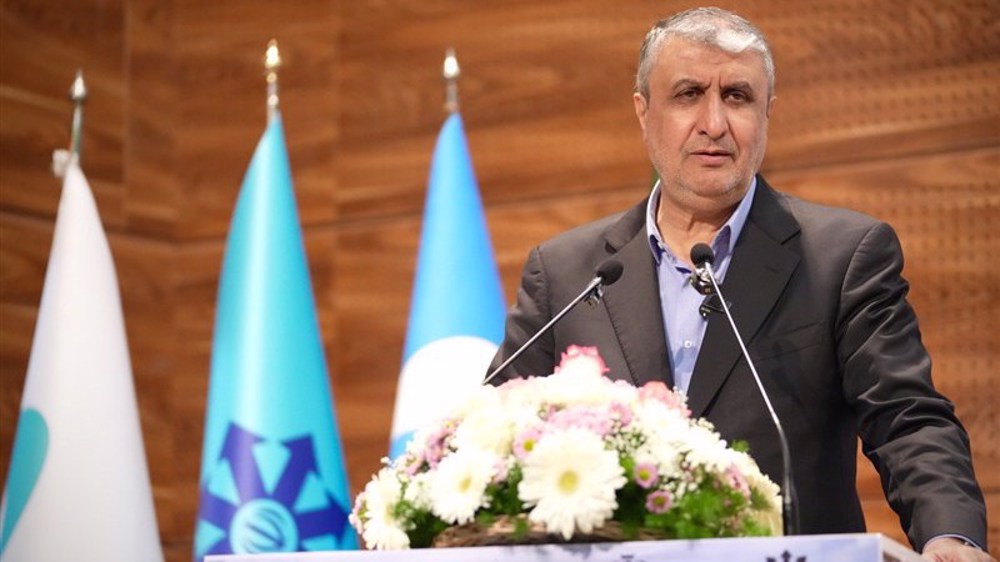
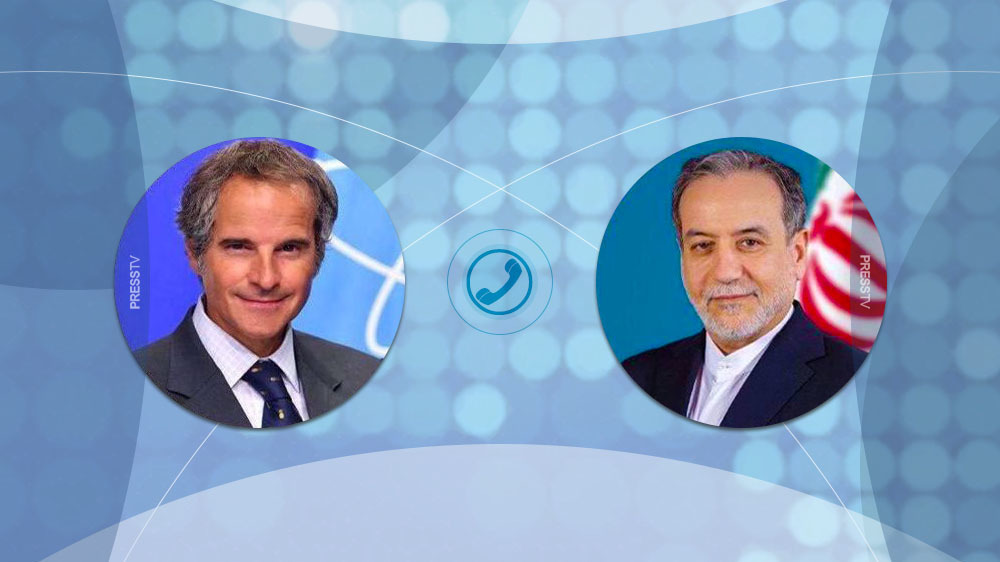
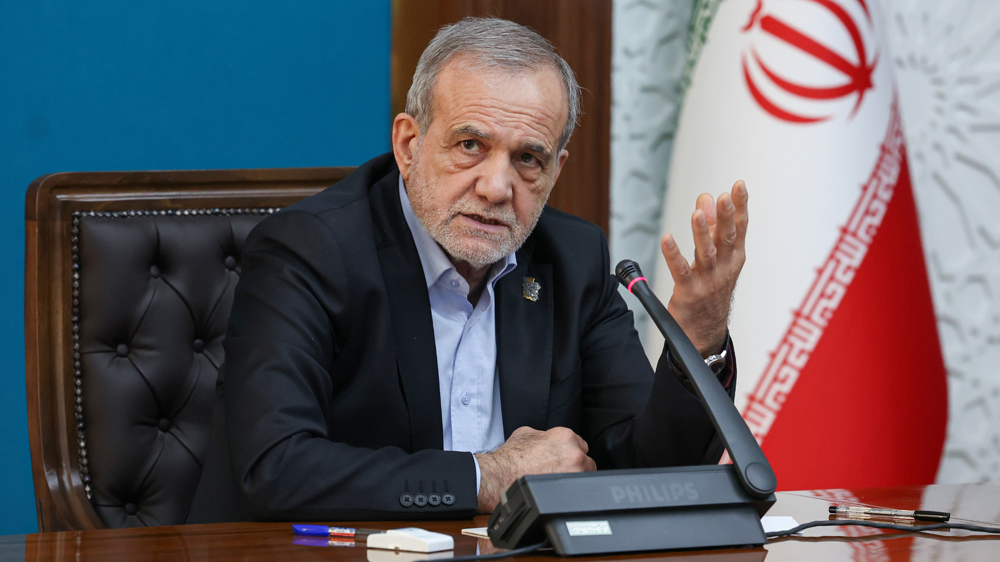



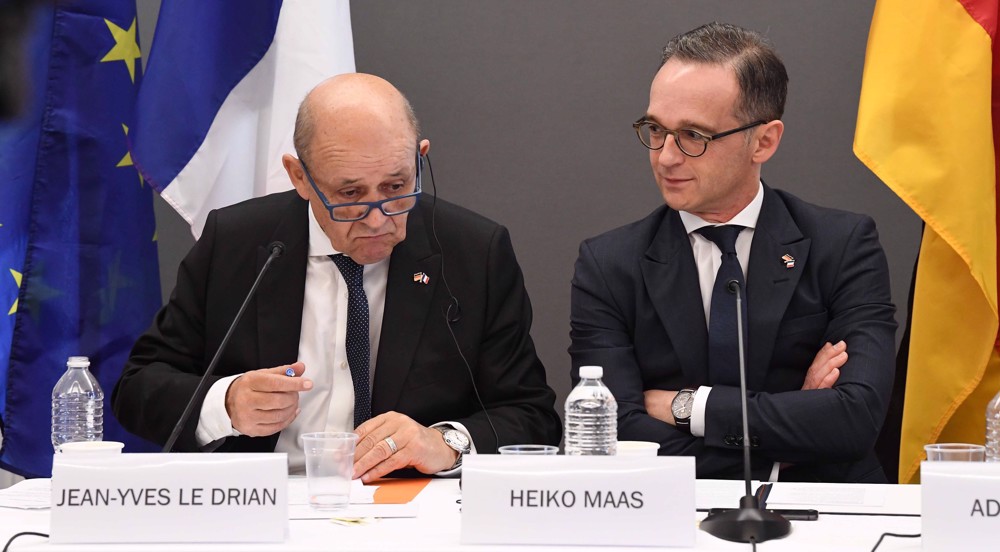
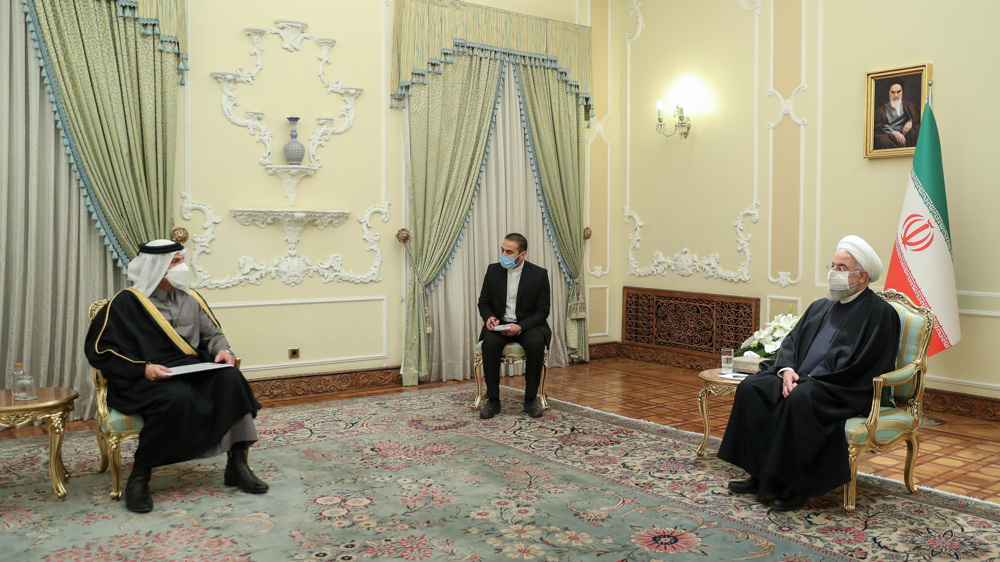
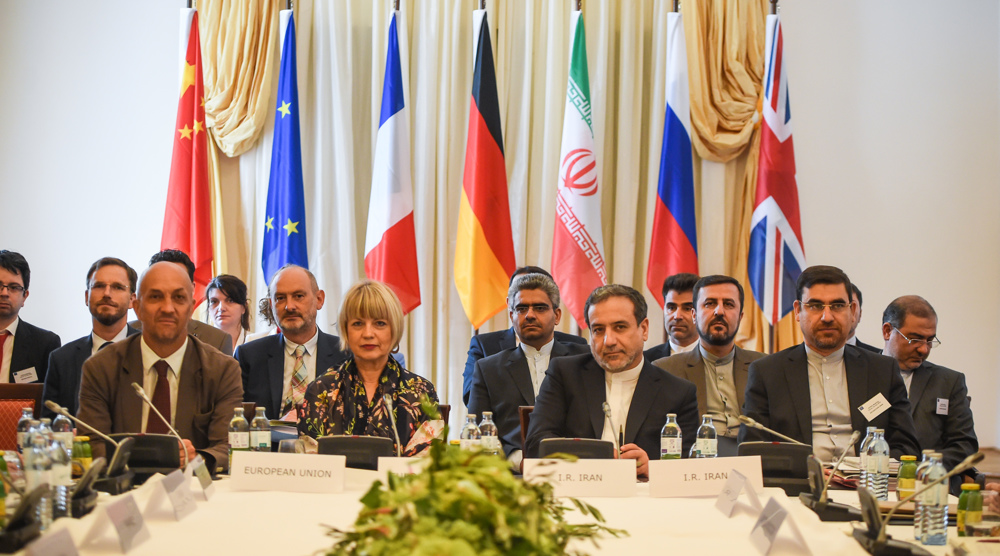
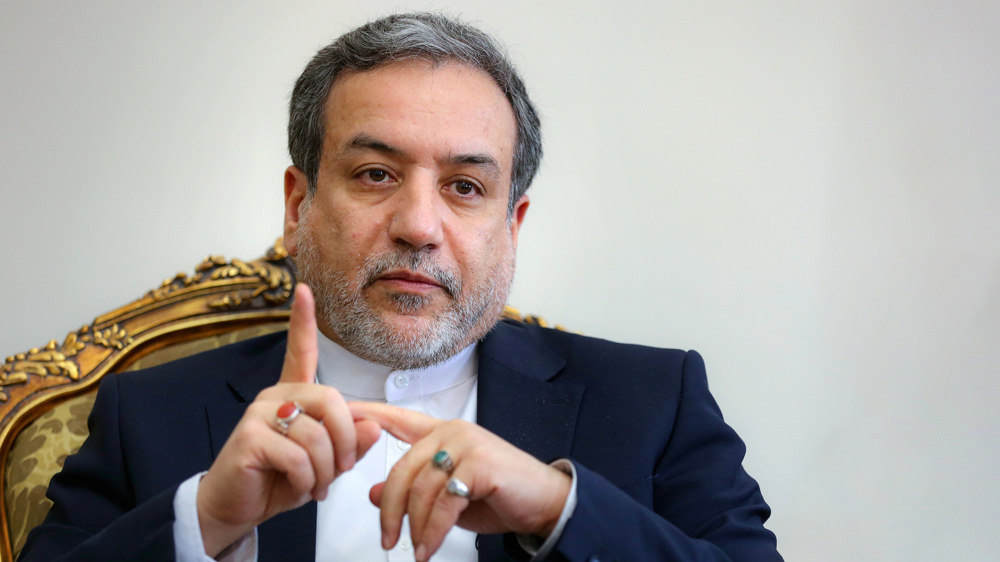




 This makes it easy to access the Press TV website
This makes it easy to access the Press TV website